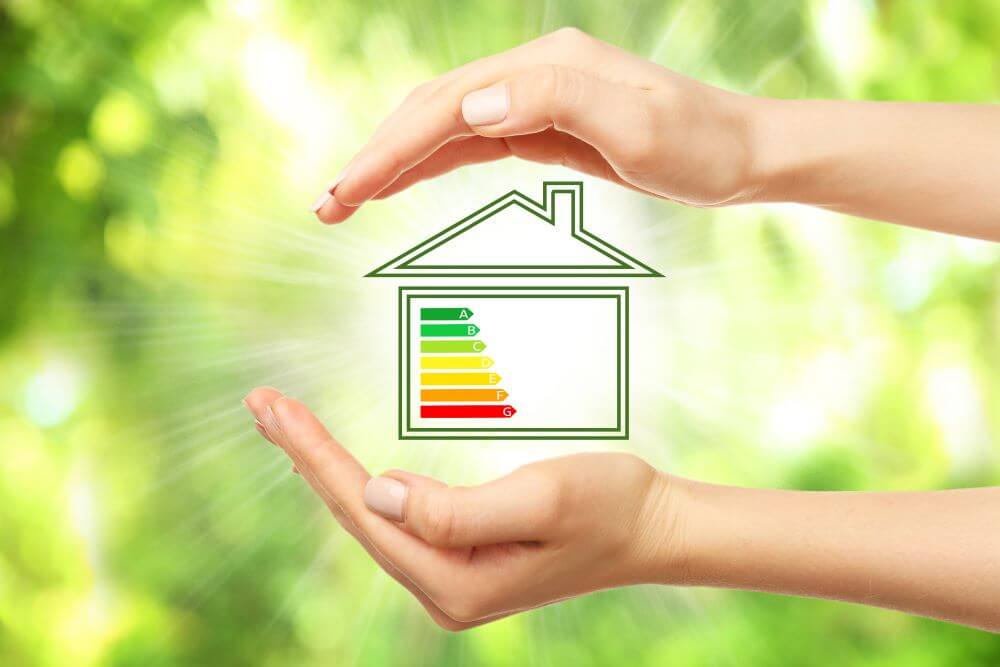
October 28, 2020

As the closing weeks of 2020 quickly approach many Atlanta businesses are taking a closer look to uncover new tax-saving opportunities. Given the number of challenges presented by the COVID-19 pandemic, it is not surprising there have been several new and extended federal tax incentives introduced to help businesses survive and recover. While valuable tax-saving opportunities, it is important not to forget about the tax extenders passed by Congress at the end of 2019. The one most relevant to Atlanta construction companies and contractors is the Section 45L, New Energy Efficient Home Tax Credit, which provides a credit for meeting certain energy efficiency minimums. Since it was retroactively extended from December 31, 2017, through December 31, 2020, companies can claim the credit for past projects as well. What makes it even more compelling is the available 20-year carry forward period. To help clients, prospects, and others, Wilson Lewis has provided a summary of the key details below.
45L is a federal tax credit available to construction companies, contractors, and real estate developers for newly built, or substantially renovated, residential units meeting certain energy-efficiency benchmarks that are purchased or rent and used as a primary residence.
To be eligible to claim the credit a contractor must have constructed or substantially renovated a residential property and have a basis/ownership during the process. It is important to note, that an eligible contractor also includes a company or association that hires a third-party contractor to complete the work.
The credit amount is determined by the level of energy savings achieved. Contractors can receive a $2,000 tax credit per dwelling, that realizes a 50% savings on heating and cooling costs over a comparable dwelling unit. It is important to note that at least 20% of the energy savings must come from building envelope improvements. There is also a $1,000 tax credit available to the producer of new manufactured homes which achieve a 30% energy savings over comparable dwelling units. Note that 33% of energy savings must come from building envelope improvements
For purposes of the credit, the term residential dwelling includes single family homes, multi-family dwellings (apartments, townhomes, condos, and duplexes – 3 stories or less), affordable housing, assisted living facilities, student housing, trailer homes, and manufactured homes.
To claim the credit certification is required from an eligible independent certifier. Typically, they are accredited by an approved rating organization and responsible for completing detailed energy saving calculations and conducting on-site verification visits. According to IRS Notice 2006-27, the certification package should include the following statements:
Atlanta construction, contractors and real estate developers have a compelling tax savings opportunity available through the 45L credit. Since it was retroactively extended it can mean even more savings for qualified taxpayers. If you have questions about the information outlined above or need assistance with another tax or accounting issue, Wilson Lewis can help. For additional information call us at 770-476-1004 or click here to contact us. We look forward to speaking with you soon.